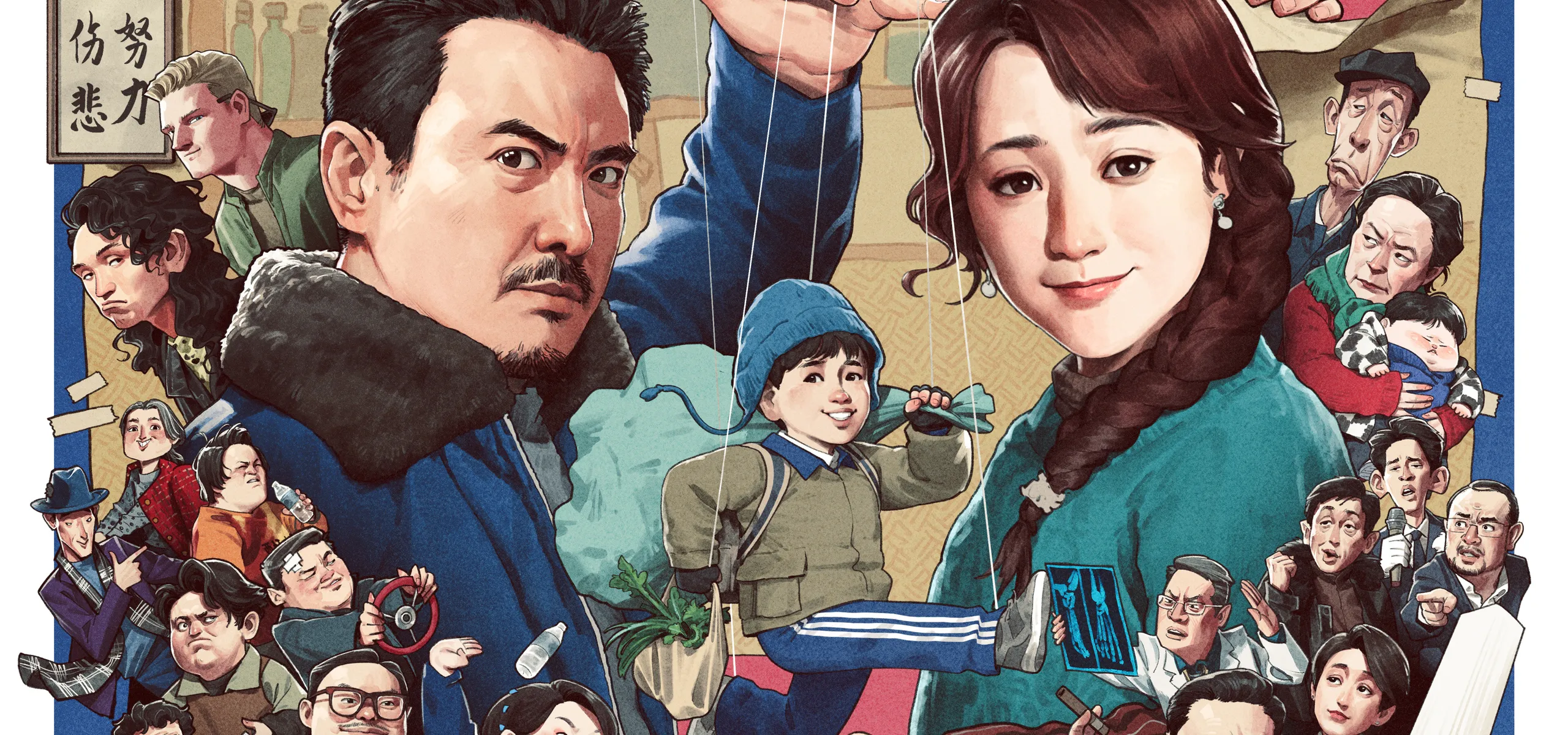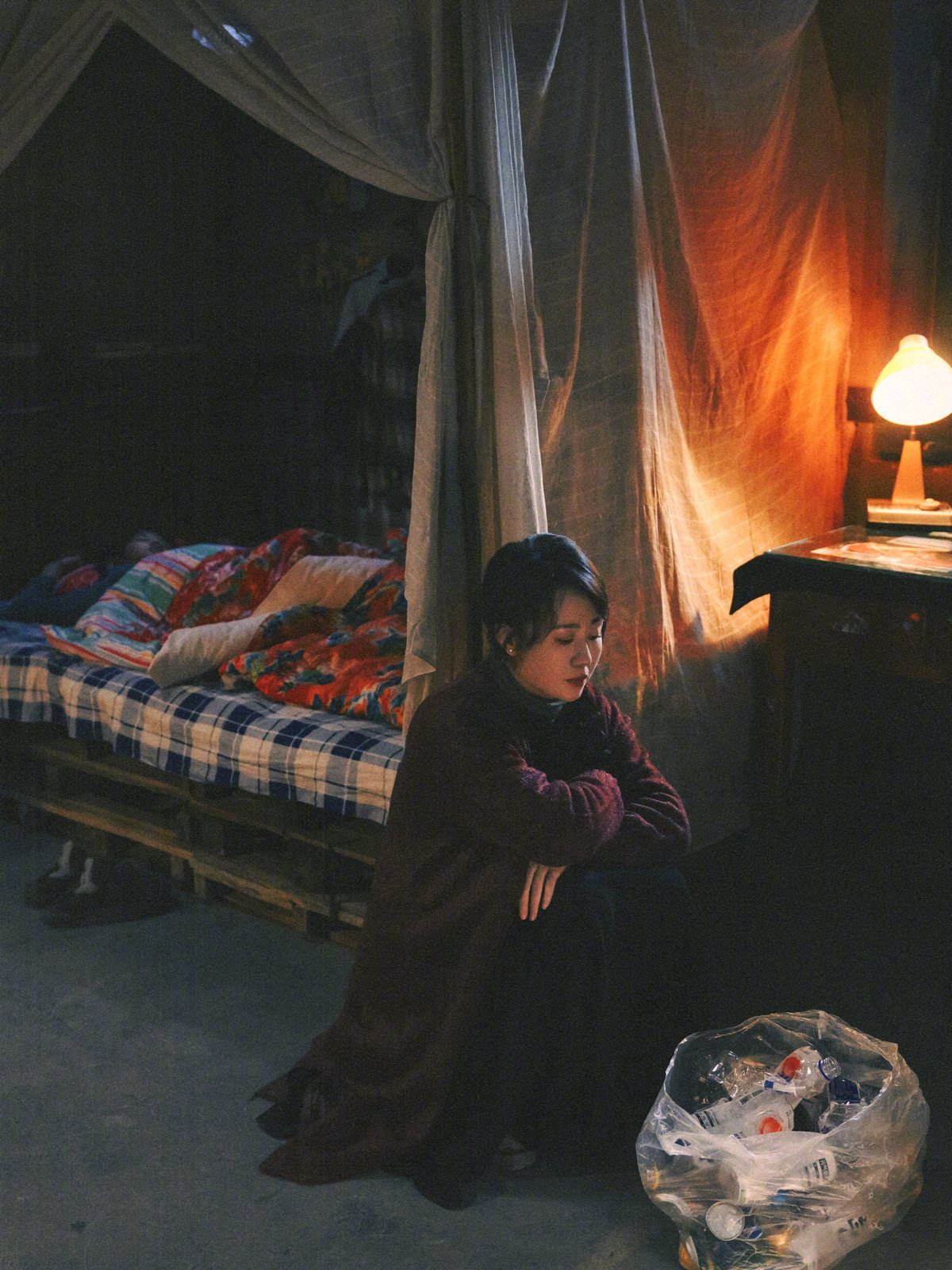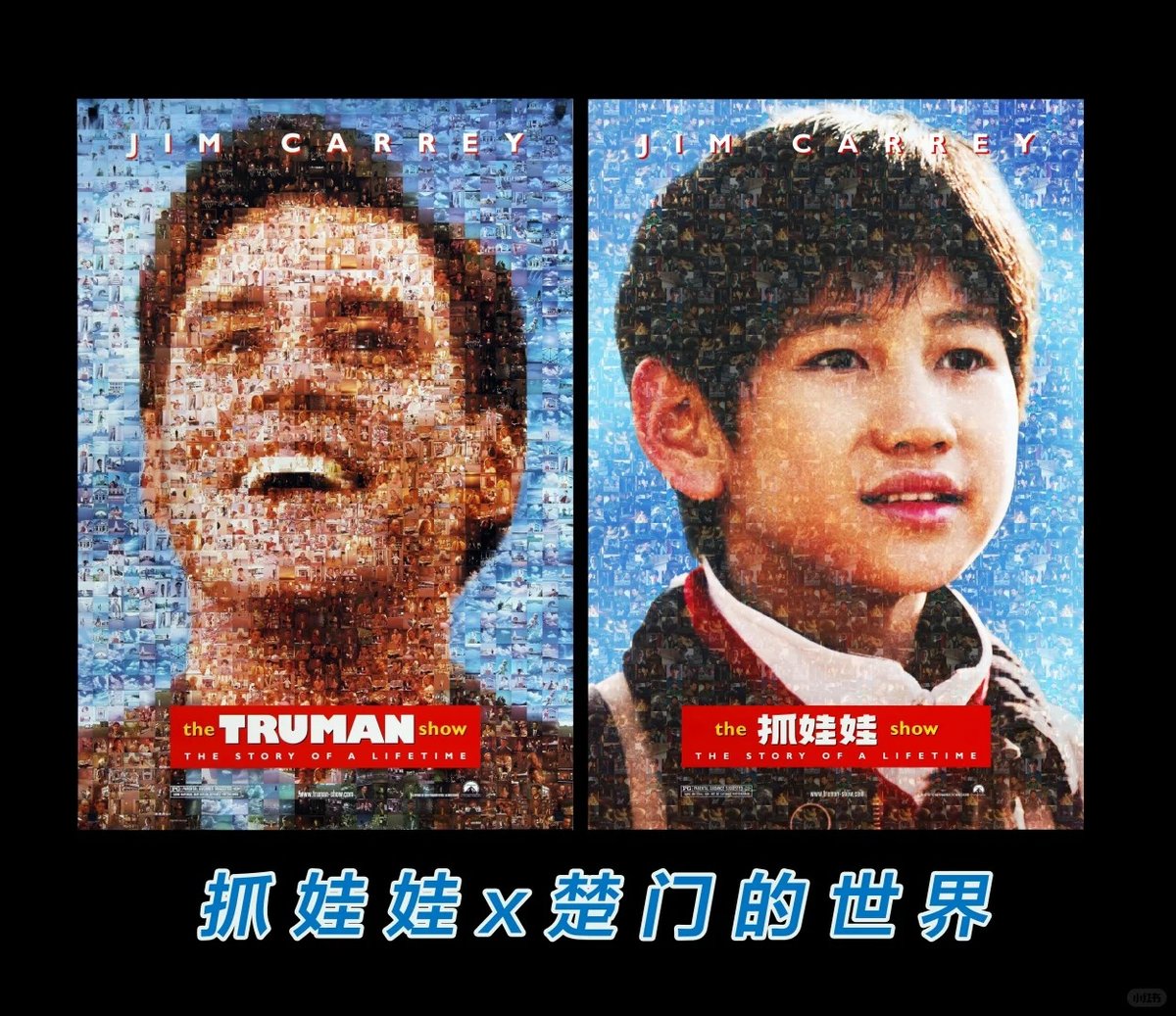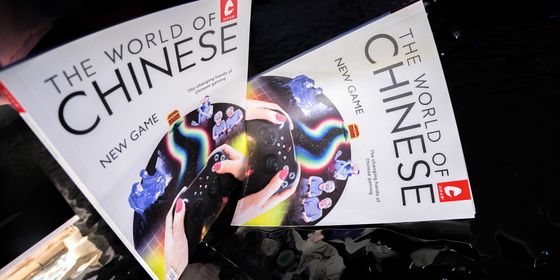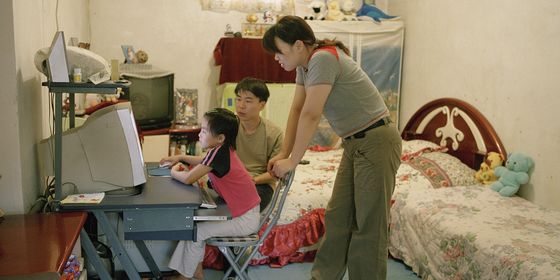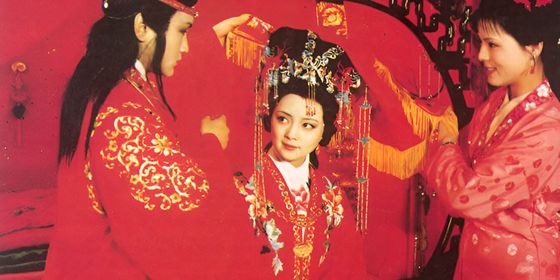In a bid to appease the demand for a “true comedy,” “Successor” has won over audiences with its wit and humor, but falls short in humanizing the hardships faced by children growing up in Chinese households
Perhaps no phrase best summarizes the thematic heart of Successor, the new comedy sweeping China’s box office, than the viral Chinese slang “rejecting fortune in favor of forcing oneself through more hardship (有福不享,没苦硬吃).” Directed by Yan Fei and Peng Anyu (better known as Peng Damo) of Goodbye Mr. Loser (2015) and Hello Mr. Billionaire (2018) fame, the film stars famous comedy duo Shen Teng and Ma Li, this time playing an extravagantly wealthy couple who—after deeming their first son to be inadequate—choose to raise their second child in abject poverty as a means to inculcate in them an innate desire to escape their lot in life via hard graft.
Shenanigans ensue as Shen, playing the absurdly wealthy patriarch and businessman Ma Chenggang, and Ma Li, as his brash but dainty wife Chunlan, attempt to hide their lavish life from their son Ma Jiye, played by Xiao Bochen. In order to do so, they’ve crafted a meticulous plan featuring an entourage of educators, security personnel, and actors hidden in a secret base underneath their house, all for the sake of one goal: raising Ma Jiye to become the next CEO of his father’s company.
The film has struck a chord with audiences. Since its debut in theaters on July 16, Successor has raked in 27 billion yuan at the box office by August 5, making it the highest-grossing film of the month and third-highest-grossing film of 2024.
A significant reason for the film’s popularity is its relatable subject matter, which tackles the pervasive idea in Chinese society that children must be cultivated at the earliest possible age in order to stand the best chance of prospering in life.
The film’s Chinese title Zhua Wawa (《抓娃娃》), derived from the saying “you must seize them from infancy (必须从娃娃抓起),” is a direct nod to this phenomenon. It’s a notion that will be familiar to many Chinese families, for whom providing their children with a robust education is often their utmost concern. This in turn is seen as the biggest indicator of parental accomplishment, acting as both a marker of social standing as well as an assurance that their—hopefully well-turned-out—progeny will themselves uphold such industrious values. In China’s increasingly competitive society, where degrees or studying abroad no longer guarantee new graduates a job, parents continue to tighten their hold on all aspects of their children’s environment in order to train them into promising young students. Any complaints of hardship are often rebuffed with the simple phrase: “I promise, this is all for your own good.”
This intensive “Chinese-style parenting” has been a source of both humor and ire for many, including the Chinese diaspora whose families have brought them up with similar values. Through its use of parody and its over-the-top premise, Successor makes a substantial attempt to address the flaws inherent in these parenting and educational practices. Despite this, however, the film fundamentally falls short of a satisfying takedown of the culture.
While the film sits at a favorable score of 7.3 on the popular review site Douban, many commenters and bloggers have debated the way the film handles its core themes as well as its ending, which has been near-universally panned for its shallow and saccharine take on such a controversial topic. In fact, a phrase that could be heard from many viewers as they left a local theater in Beijing was “烂尾了,” literally “the tail end rotted,” in reference to the disappointing finale.
Successor’s inability to stick the landing is a shame given how cleverly and deftly it uses its satire to portray the archetypal controlling parent, whose heavy-handedness often minimizes their child’s autonomy. The film does well to poke fun at the hypocrisy of parents who espouse values that they themselves fail to follow: Ma Chenggang lectures his son on the importance of reading, all the while playing on his phone, and Chunlan complains about having to wash the feet of their “grandmother”—played by an actor in Ma Jiye’s emulated world—while encouraging her son to be filial.
Unfortunately, a run of similar gags causes the film to wilt in its second and third acts, undermining any emotional heft that could have manifested in exchange for cheap laughs.
Because of its world within a world setup, viewers have unsurprisingly compared Successor to The Truman Show (1998), noting similar themes of control, surveillance, and the lead character’s growing paranoia and unease. However, many were also quick to note that it lacks the same critical and ironic edge as the Jim Carrey-starring classic. These criticisms form part of a wider discussion about the derivative nature of Chinese cinema and frequent reboots that litter the market—trends that have increasingly frustrated Chinese audiences, who have grown highly critical of films that lack creative originality.
Audiences have been especially disparaging of how the plot and characters fundamentally undermine Ma Jiye via jokes that come at the expense of his hardships. Case in point: When he heartbrokenly attempts to grieve the (scripted) death of his (fake) grandmother, any feelings of empathy on the part of the audience are disrupted by a run of slapstick gaffes that, in quick succession, see his mother leaping onto the corpse, the “dead” grandmother sitting up to cry as she’s wheeled off to be cremated, and his father eating popcorn out of her funerary urn.
The crassness is compounded by the fact that the death draws parallels to the very real and quite common practice in which Chinese parents conceal the death of a relative from their child so as to ensure that their total focus remains on their studies, thereby depriving them of a final chance to say goodbye.
Told through the perspective of Ma Chenggang and Chunlan, the movie only allows the audience to see the parents’ humor, goodwill, and their continuous reflections on their own success. It also denies the audience any genuine contemplation and emotion from the parents regarding Ma Jiye, leaving them with empty entertainment that shows no remorse for Ma Jiye’s very real sorrow.
As one film review said in their vlog, “I can already hear a hypothetical discussion between a parent and child leaving the theater: The father will say to his kid, ‘Even though [the dad] went a little overboard, you have to admit he raised a good child, right?’... We’re admitting to ourselves that such parental behavior is normal...This is the message that is left with the audience in the end.”
By attempting to show and not tell, Successor fails to recognize its own hypocrisy; instead, it paints its experiment as “successful.” In the third act, Ma Jiye finally becomes suspicious of the conspicuously orchestrated nature of events in his life and stages an elaborate fake kidnapping to discover the truth. Even after his parents’ scheme was exposed, the highly anticipated showdown between them and Ma Jiye simply fizzles out, climaxing instead in a monologue by his father that amounts to—you guessed it—it was all for his own good. Ma Jiye is subsequently revealed to us all grown up. Having become a successful marathon runner, he is happy, healthy, and well-adjusted, and looks back on his strange childhood with a sense of idyllic cheerfulness, while his parents—having learned nothing because they were not asked to by their creators—are plotting to start the whole connivance over again with a third baby on the way.
Despite these very real failings, there’s no denying that some audiences have reveled in the tried-and-tested humor and wit of its comic leads. Nevertheless, despite historically being box office and critical darlings, according to some critics, comedies overall have entered a state of creative decline in the past year. On top of that, audiences are finding it harder to muster laughs in the face of films that desperately seek to promote traditional values and spoon-fed morals.
In that sense, Successor succeeds, with its supporters espousing the film’s dedication to being a “true comedy,” one that prioritizes the audience’s laughter above all else. As a top review on Douban reads: “Don’t talk to me about grand ideas. As long as it’s truly funny, then it deserves these five stars.”





